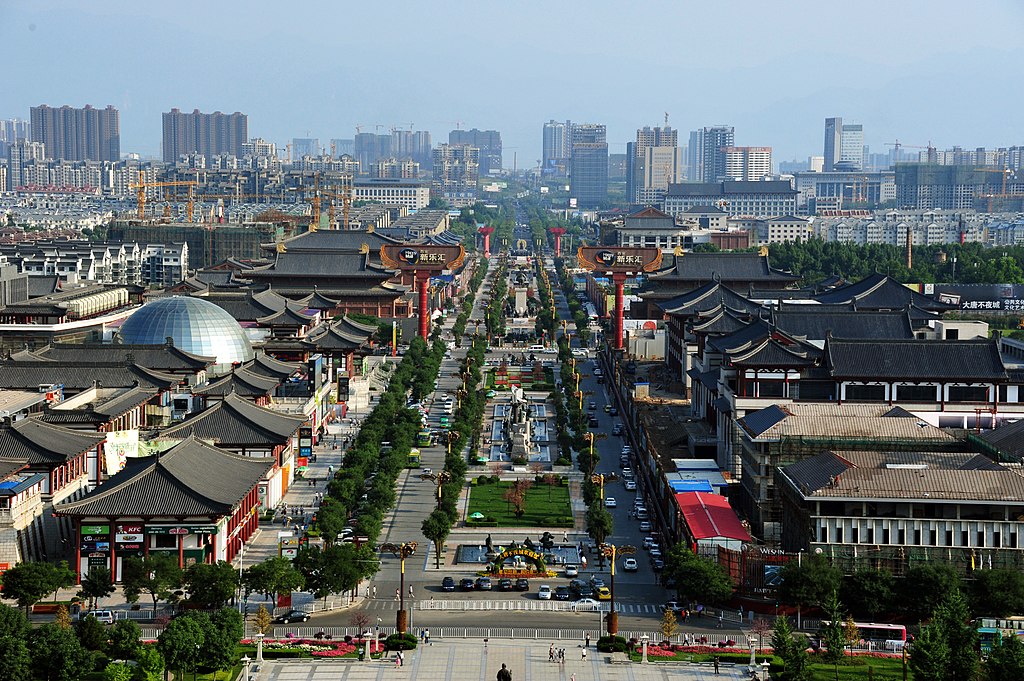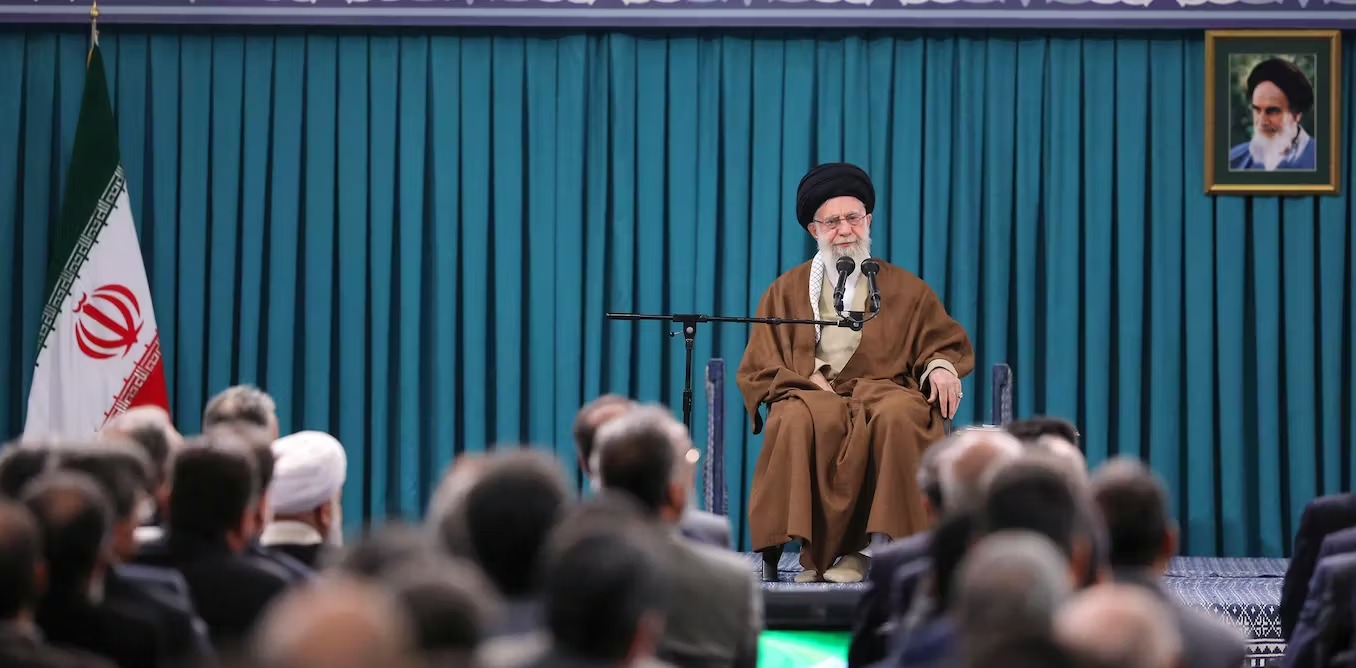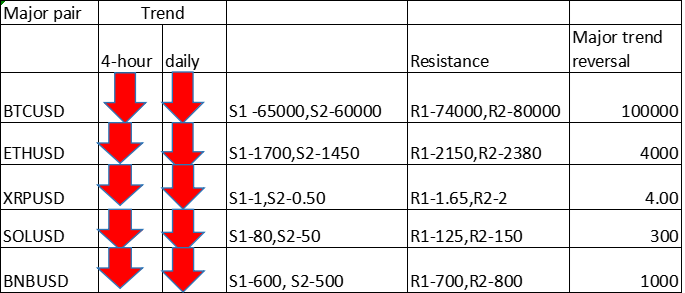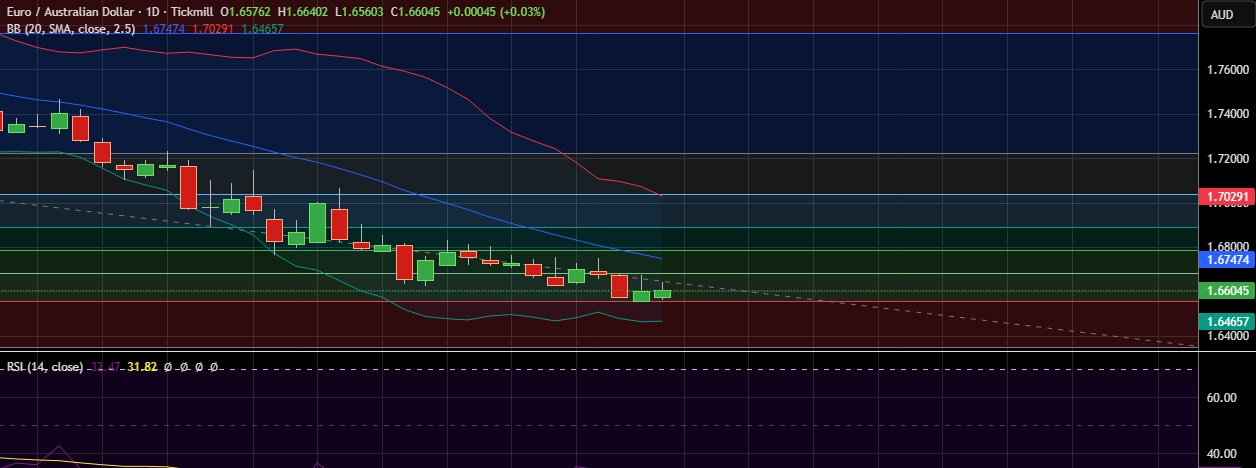
Bill Hare
Director, Climate Analytics, Adjunct Professor, Murdoch University (Perth), Visiting scientist, Potsdam Institute for Climate Impact Research
Bill Hare is a Climate Scientist with thirty years’ experience in the science, impacts and policy responses to climate change and stratospheric ozone depletion. He is a founder and CEO of Climate Analytics, a non-profit research and policy organization based in Berlin (with branches in Lome, Togo and New York, USA and now Perth, Western Australia) established in 2008 to synthesize and advance scientific knowledge in the area of climate change and provide state-of-the-art solutions to global and national climate change policy challenges. He is Adjunct Professor at the Murdoch University, School of Engineering, Perth Western Australia, and a Visiting Scientist in the Earth System Analysis - Research Domain I at the Potsdam Institute for Climate Impacts Research since 2002,
Bill Hare has contributed actively to the development of the international climate regime since 1989, including the negotiation of the 1992 UN Framework Convention on Climate Change, the 1997 Kyoto Protocol, the Paris Agreement in 2015 and supporting international and regional scientific assessment processes, including the IPCC, in different capacities to the present time. He was a Lead Author for the Intergovernmental Panel on Climate Change (IPCC), which was awarded the Nobel Peace Prize in 2007. In his career he has contributed significantly to developing processes and the thinking that set the course for the international responses to climate change. Mr Hare’s research and work on climate change science has assisted in bridging research on environmental problems into policy solutions. In the European Union where he has worked since 1992 he was one of those that started the discussion in the mid 1990s of the EU’s proposed limit in global warming of 2°C and his scientific work subsequently has contributed to the debate and agreement at the Heads of Government level in 2006 on this issue and further on the emission reductions required to achieve this.
Areas of scientific and policy expertise include the science and impacts of climate change, international climate policy, including the architecture of the international climate regime; climate system response to greenhouse gas forcing and the scientific and policy assessment of emission pathways at national, regional and global levels.
One of the main projects he is directing at present is the IMPACT Project (http://climateanalytics.org/projects/impact.html) which is providing scientific, policy, analytical and strategic support, capacity building and advice for delegations from the small island states (SIDS) and the least developed countries (LDCs) in the international climate negotiations. In 2009 along with Drs Niklas Hoehne and Michiel Schaeffer he initiated, and remains in a leadership role in, the Climate Action Tracker, which is recognised as one of the most credible sources of information on national and global action on climate change.
In 2008 he was awarded an Honorary Doctor of Science by Murdoch University for his contributions to climate change science and policy. In 2010 and 2011 he was a co-lead author for the UNEP Emissions Gap and Bridging the Emissions Gap reports. Dr. Hare has served on scientific advisory groups of the CSIRO in Australia, Tyndall Research Centre in the UK and to the IMAGE modelling group in the Netherlands.
Bill Hare has regularly advised Ministers and Heads of Government from the most vulnerable countries on all aspects of climate change and has presented science and policy assessments to Ministerial and head of government fora including G8 Environment Ministers, OECD Forum, AOSIS, CARICOM and Climate Vulnerable Forum meetings.
He was involved from the beginning in 1989 with the establishment of the Climate Action Network that is now recognized as the leading NGO umbrella network on Climate Change issues. He was on the board of Climate Network Europe for a period and more recently was on the Board of CAN International. From 1992 to 2002 Bill Hare was Climate Policy Director for Greenpeace International leading work on the negotiation and implementation of the Kyoto Protocol under the United Nations Framework Convention on Climate Change (UNFCCC). He advised Greenpeace International on all aspects of climate change science and policy and on the development of the post 2012 climate regime until 2009. Until 1992 he held a number of senior positions at the Australian Conservation Foundation, where he directed a major Australian Federal Government policy project on Ecologically Sustainable Development. He was environmental adviser on the Australian Government delegation to the Intergovernmental Negotiating Committee that negotiated the United Nations Framework Convention on Climate Change.

Dug up in Australia, burned around the world – exporting fossil fuels undermines climate targets
Aug 12, 2024 09:17 am UTC| Economy Business
Australia is one of the worlds largest exporters of fossil fuels. While this coal and gas is burned beyond our borders, the climate-warming carbon dioxide (CO₂) emissions affect us all. My colleagues and I at global...
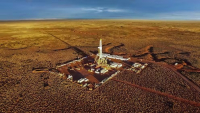
The Beetaloo gas field is a climate bomb. How did CSIRO modelling make it look otherwise?
Oct 31, 2023 09:16 am UTC| Business
Even as Australia braces for a summer of projected extreme heatwaves and bushfires amid the intensifying climate crisis, the fossil gas industry is gearing up for a truly enormous new fracking project in the Northern...

The 1.5℃ global warming limit is not impossible – but without political action it soon will be
May 03, 2021 05:47 am UTC| Nature
Limiting global warming to 1.5℃ this century is a central goal of the Paris Agreement. In recent months, climate experts and others, including in Australia, have suggested the target is now impossible. Whether Earth can...
- Market Data









